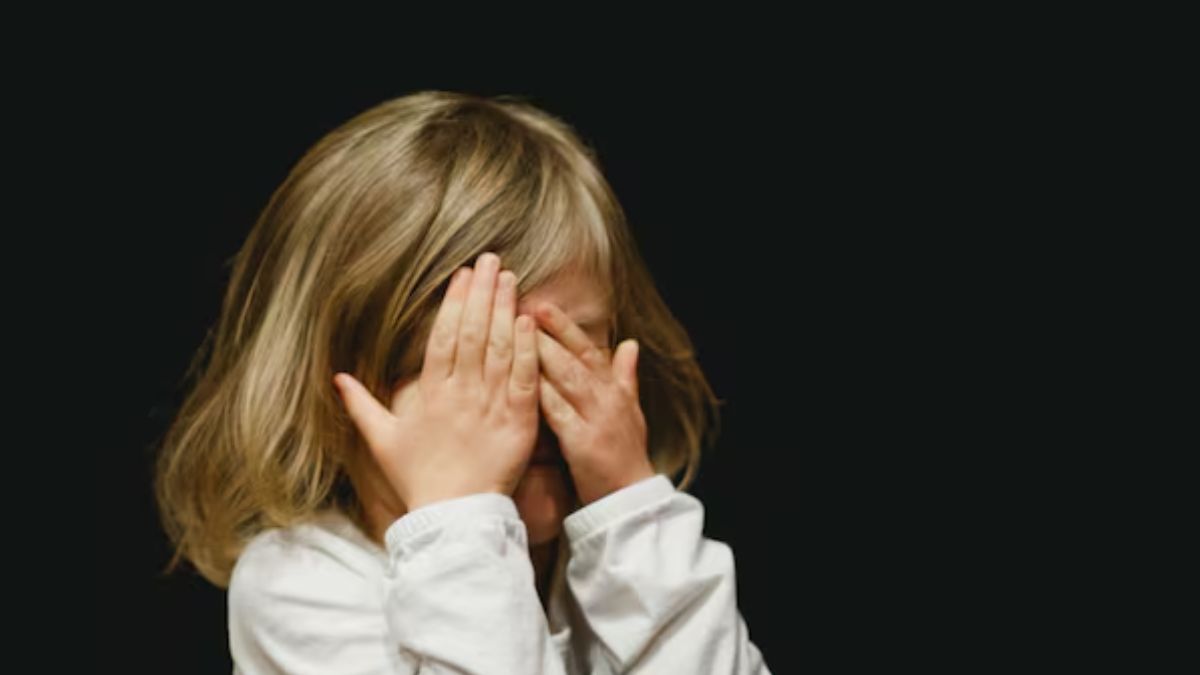In what is believed to be the worst such case to hit Malaysia in decades, police suspect the victims – aged from one to 17 – had been subjected to sexual and physical attacks. They were also allegedly forced by the care home staff to abuse each other.
read more
)
Malaysia child abuse sandal: The CEO of Global Ikhwan Service and Business Holding (GISBH), which has been linked to a banned Islamic sect, said “there were one or two sodomy cases” at the shelter. Representative Image
The head of a Malaysian conglomerate accused of running care homes where hundreds of children were allegedly abused admitted on Saturday that “one or two sodomy cases” took place at the shelters but denied allegations of widespread misconduct.
Malaysian police arrested 171 suspects on Wednesday including religious studies teachers and caregivers and brought to safety over 400 children after storming 20 charity shelters.
The CEO of Global Ikhwan Service and Business Holding (GISBH), which has been linked to a banned Islamic sect, said “there were one or two sodomy cases” at the shelter.
GISBH had earlier denied all allegations of abuse and said they did not run the care homes.
But in a video posted on the company’s Facebook page on Saturday, Chief Executive Officer Nasiruddin Ali acknowledged the company had violated some laws, without giving specifics.
He questioned the police raids, saying authorities should have discussed matters with the firm before taking action and insisted the children at the charity homes “did not know the full story”.
“There were one or two sodomy cases, but why lump everything together?” he said.
Police Inspector-General Razarudin Husain on Friday said his department was “working towards” further raids and arrests in the probe on GISBH.
Investigations and health checks so far show that at least 13 minors had been sexually abused, Razarudin said at a press conference.
GISBH has long been controversial for its links to the now-defunct Al-Arqam sect and has faced scrutiny by religious authorities in the Muslim-majority country.
The United Nations children’s agency underlined the “unimaginable horror” faced by the victims.
The children “will need long-term professional medical and psychosocial support,” said Robert Gass, UNICEF’s Malaysia representative.

